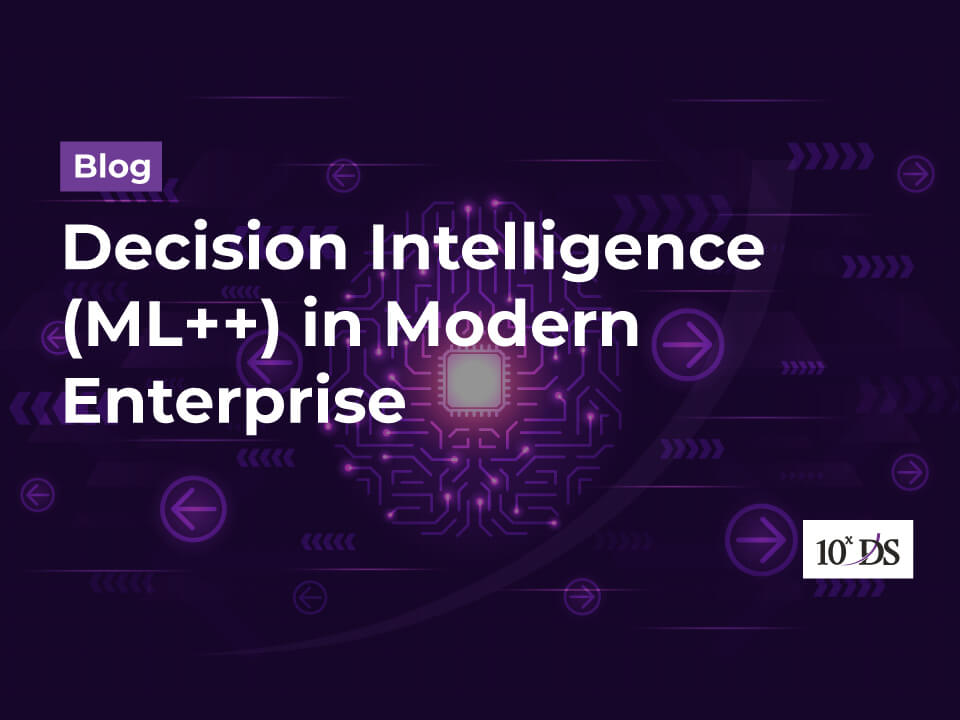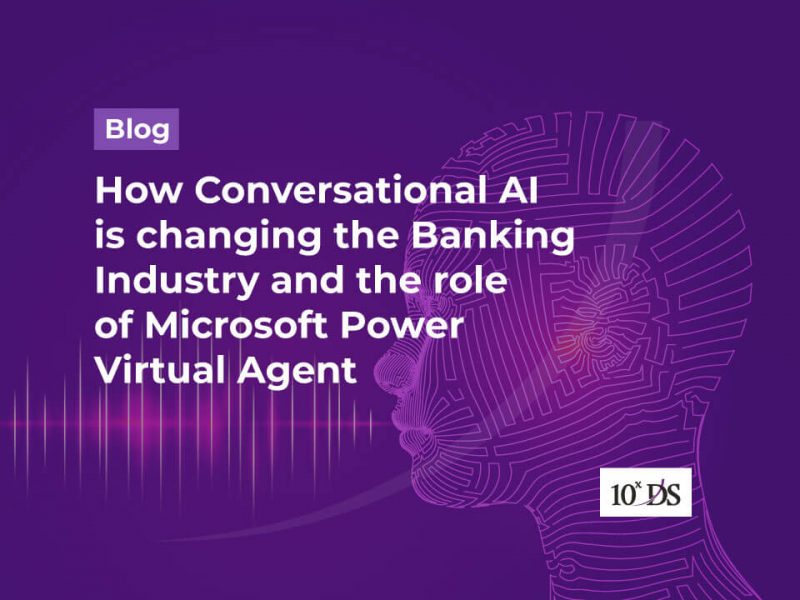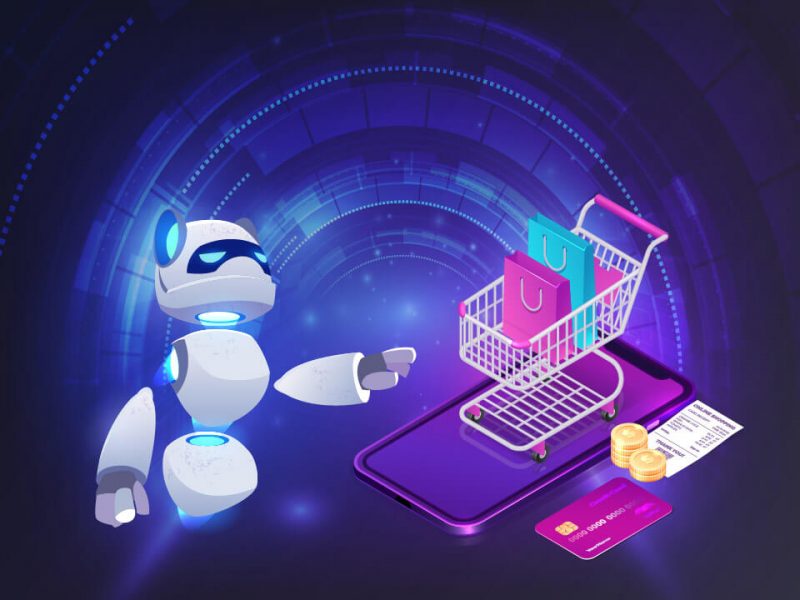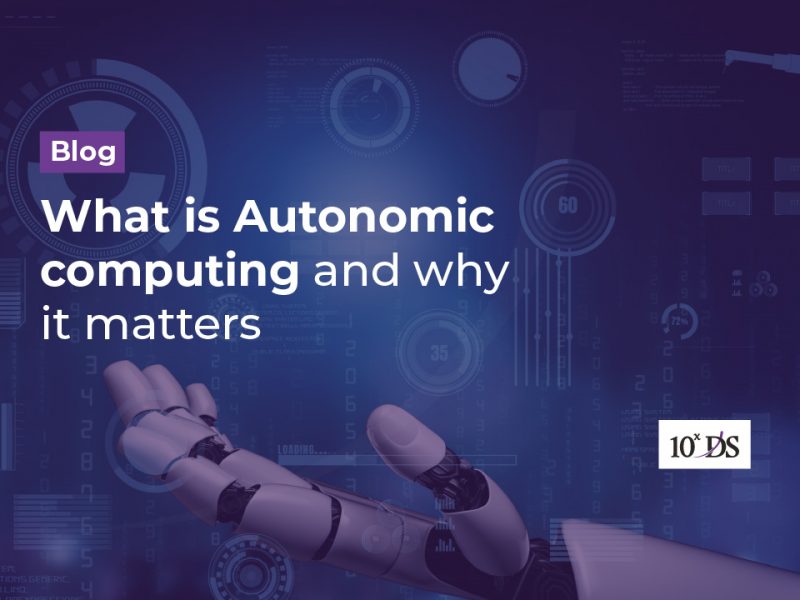
Decision Intelligence (ML++) in Modern Enterprise
We humans always find it better to relate things to arrive upon a decision about something rather than learning about it right from the beginning. As a beginner would better choose to watch an online cookery show on how to bake and garnish a Chocolate Fudge, rather than reading a chocolate cake recipe and doing it on their own. Because the first choice will help them to come up with more efficient and accurate results. So, generally speaking, the decisions that we take are based on our understanding of the potential outcomes of our actions. This is where AI and ML can help us make smarter decisions leveraging data.
What is Decision Intelligence (DI)?
Cassie Kozyrkov, Chief Decision Scientist at Google says, “The basic idea about Decision Intelligence is that decisions are based on our understanding of how actions lead to outcomes”. Similarly, making smarter decisions with Artificial Intelligence (AI), in business areas of sales and marketing, supply chain, and demand planning, among others to drive your business growth is called the Decision Intelligence. It uses already existing structured or unstructured data to make plausible new data with the help of algorithms. You can make decisions based on past knowledge and future estimates. Unlike in the traditional way where direct instructions are given to the computer, here with Machine Learning (ML), it explains with examples. In this way, the decision is made more descriptive and predictive.
ML offers a greater advantage as we would be able to automate the ineffable, that is things which cannot be programmed in the traditional way. This gives us access to the second mode of communication with computers. It’s a programming paradigm that unlocks all those tasks where you couldn’t come up with the instructions and could only teach with examples. It is an opportunity to make your data more useful. This explains Decision Intelligence as an engineering discipline that augments data science with theory from social science, decision theory, and managerial science. Its application provides a framework for best practices in organizational decision-making and processes for applying machine learning at scale.
If we look at things how it happens the traditional way, people from a specific team in an organization usually make decisions in-silos. With Decision Intelligence things change, we can connect the teams together with a common intelligence engine to make smarter decisions right across the value chain to drive greater efficiency for the business. Gartner puts data intelligence as a top trend in data and analytics and they expect that over a third of large organisations will be practising DI within two years.
Since Decision Intelligence negates the influence of human mistakes and biases, it enhances accurate decisions and avoids conflict in values and interests. Meanwhile, harvesting the benefits of data intelligence for decision-making can be challenging as well. AI systems helps us to process copious amounts of data precisely to help find patterns, track anomalies in data to augment decision-making and influence outcomes. With AI you can choose the best choice from a multitude of options, keeping goals and growth strategies in mind.
Decision Models
Decision models using DI could be human-based where AI systems offer data visualization and insights for humans to make decisions. It could also be machine-made models where AI systems make independent decisions while humans are at the end of the decision-finalizing process. It could also be a hybrid model where AI systems and humans come together to reach an outcome. In this type of model, recommendations are made for humans. This collaboration of AI and humans offers better outputs since human cognitive intelligence is combined with the data of AI.
Decision Intelligence Use Cases in various industries
Decision intelligence is used in multiple industries to drive resilient, sustainable, and cost-effective solutions for businesses.
- In retail sector, Decision intelligence helps predict better processes for goods based on customer demand, sentiments, and trends. This is the simplest use case of decision intelligence. Many companies also create software that helps retain businesses enhance their pricing decisions and optimize their policy as per customer expectations. This helps increase revenue and align supply chain processes.
- The banking group uses decision intelligence to analyse customer behaviour, predict their needs, assess pain points, and customize personalized products.
- The technology helps users in the energy sector manage their energy resources better and ensure automatic energy and expenditure decisions. The software, through decision intelligence, forecasts solar energy and alters the capacity of the battery accordingly.
- Global issues like ecological destruction, natural disasters, and environmental degradation threaten firms at all levels. Decision intelligence can predict and identify hazards keeping past and current data as the locus point. You can look at risk management solutions and mitigate disasters to an extent.
- Many healthcare companies use data analysis and decision-making to diagnose, examine, and assist doctors with patients. Enhancing medical outcomes is possible with decision intelligence. You can get a lot of insights on the next move of the treatment, determine prognosis better, and create better results.
Conclusion
DI provides a holistic overview of an entire organisation by optimising every department at every level. And one of the most significant aspects of DI is that it is based on real-time data and not historical. AI will make decisions based on the desired output to bring you the highest ROI possible for your business. The time is ripe for companies to start leveraging DI and some early adopters have already started reaping its benefits.
Want to know more about how Decision Intelligence can help you make faster and smarter decisions? Talk to our data experts!.


